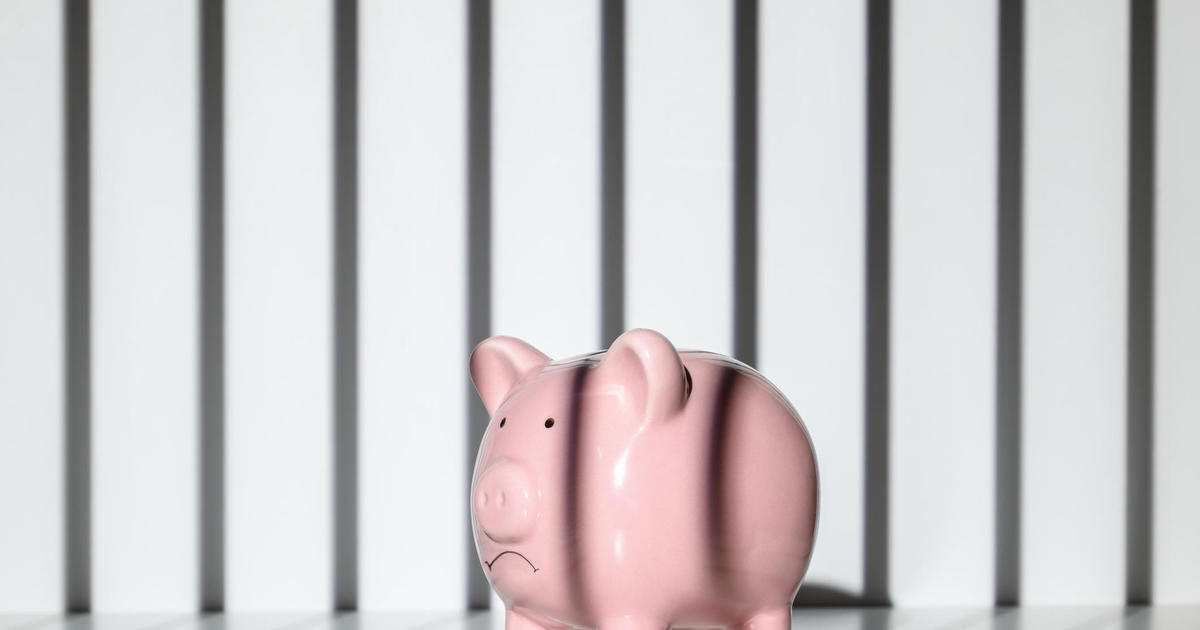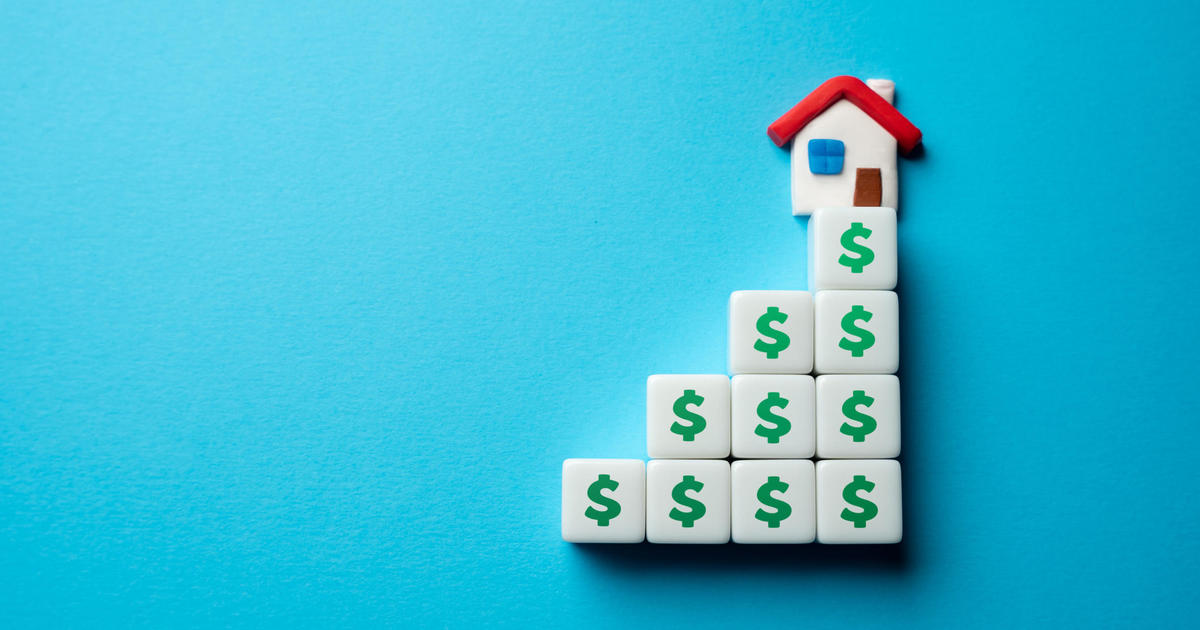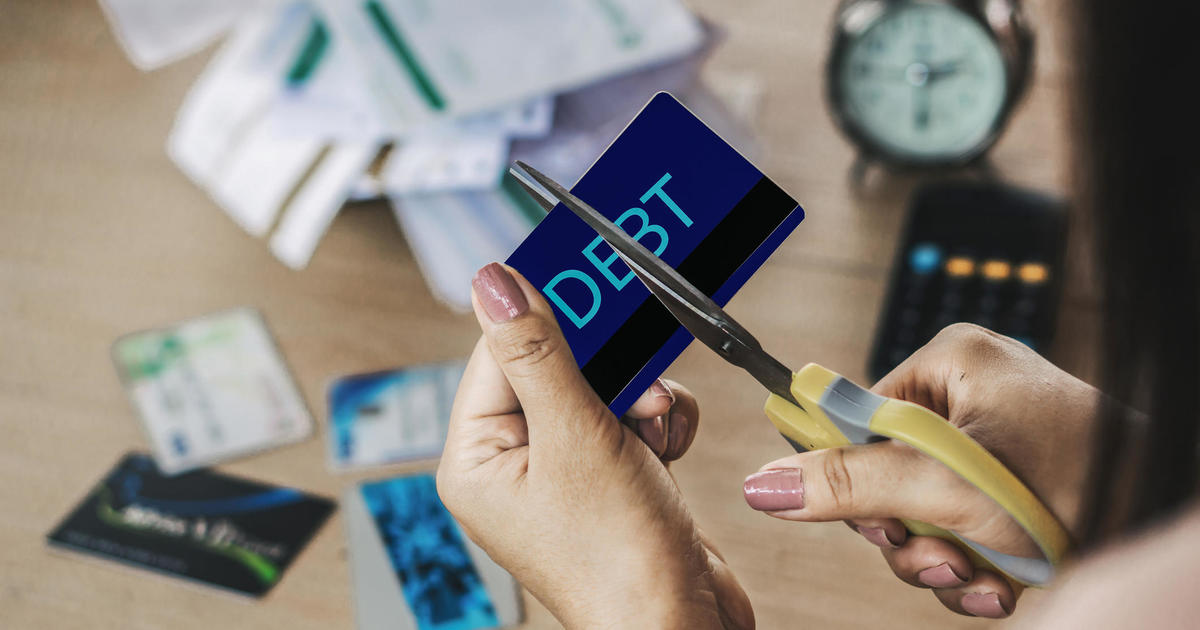You should almost never close a credit card--here's why
It seems like common sense: Closing a credit card reduces the possibility of more debt, so that should help your credit score, right? Not so fast. What will likely happen is your score will go down. How much it drops depends on the card you close and its limit.
When you cancel a card, you eliminate some of the available credit that you once had. That changes your utilization rate, or the percentage of available credit that you use. That's an important factor in calculating your credit score, and a lower rate—ideally below 30 percent—is better.
Utilization rate, illustrated
Say, you have three cards, each with a $1,000 limit. Card A has a $500 balance, Card B has a $300 balance, and Card C has no balance. Together, the utilization rate for the cards is 27 percent ($800 in total balances divided by $3,000 in combined credit limits). But if you close Card C because you don't use it anymore, the combined utilization rate of the two remaining cards shoots up to 40 percent ($800 in total balances divided by $2,000 in credit limits).
"If you're looking for how problematic [closing a card] can be, it can be meaningless, or your score could fall as much as 40 to 60 points if your utilization skyrockets," says credit expert John Ulzheimer. "So there'd better be a good reason [to close a card] because 'I don't want it anymore' isn't good enough."
When to close a card
There are a handful of times when closing a card is a good idea, despite the credit implications. Here are those valid reasons, along with some alternatives to canceling the account that you might consider first.
You can't control yourself. If you find yourself always maxing out your credit card without the means to pay off the balance, it may be best to rid yourself of the card to help keep a lid on your spending. "Or, you can take the low-tech approach of taking scissors and cutting up that card," says Bill McCracken, president of Phoenix Synergistics, a marketing research firm for the financial services industry. "That protects you from using it, but [the available credit] is still on your credit record."
You can't afford the card. Let's say you were seduced by one of those eye-popping, sign-up bonuses and got a card with a big annual fee—but one that was waived in the first year. Fast forward 12 months and now that expensive annual fee is coming due, but it's way too much for your budget. Maybe it's a good time to close the account.
Alternatively, you could work with the card issuer, who may be reluctant to lose you as a customer, especially if you consistently make timely payments. Ask your issuer to downgrade the account to a no-annual-fee card. If the company agrees to it, you can keep the account open and benefit from the available credit. Another option is to ask for a discount on the annual fee. When one ValuePenguin staffer called to cancel his airline card, his issuer, unsolicited, offered to cut the fee from $150 to $75.
You're getting divorced. This may be the only reason to unequivocally close a card account to keep a messy situation for getting messier. Divorcing couples should try to cancel accounts after zeroing out the balance. If that's not possible, and an outstanding balance remains, they still should close the card immediately and stipulate in their divorce decree who pays off the balance and over what timeframe. No matter who is supposed to make payments per the divorce agreement, both people are still legally responsible for the remaining debt.
Best ways to close a card
Here's how to cancel a card in a way that minimizes the impact to your credit score and other downsides.
Try to pay down the balances—all of them. If there is a remaining balance on the canceled card, make a plan to pay it off. You can still be charged interest and late payments on that balance, even if the account is closed. If you have additional funds available after paying off the canceled card, pay down your balances on other cards as much as possible before you close the account. That will help to reduce your overall credit utilization, and so minimize the potential impact to your credit score.
Consider any future credit plans. If you plan to get a new mortgage, auto loan or other big loan in the next six to 12 months, don't cancel any accounts now. A decline in your credit score—even a small one—could be enough to warrant a higher rate, or keep you from qualifying at all if your score is teetering near subprime.
Cash in your rewards. If you have earned rewards on the card you want to close, redeem all that you can. If you don't have enough for merchandise or travel, consider a statement credit, cash-back or gift cards.



